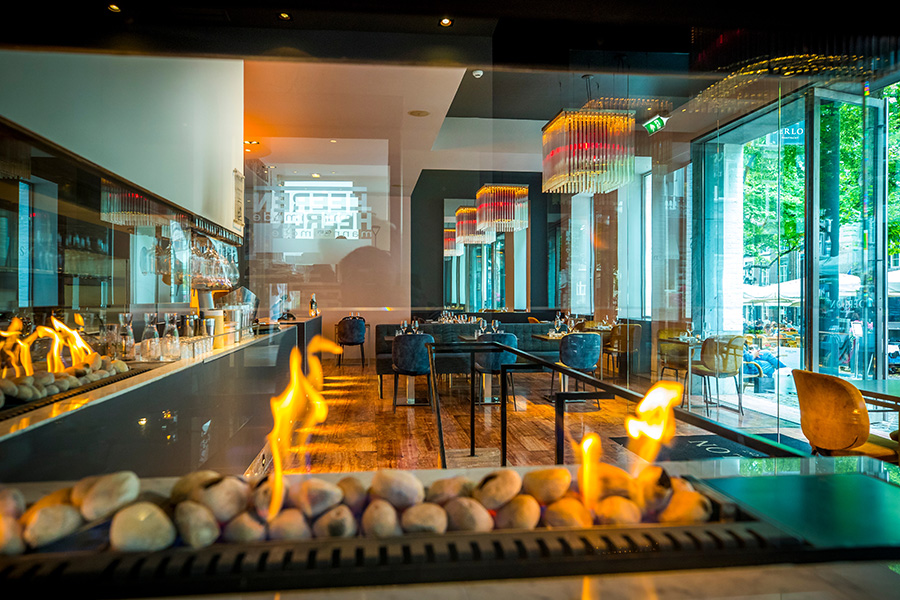
ABN AMRO calculates: 'VAT increase on hotel stays will be disastrous'
The announced increase in the VAT rate for hotel stays and residential recreation from 9% to 21%, due to take effect in 2026, at first glance appears to be a measure that should boost the treasury considerably. With it, the coalition expects to generate over EUR 1.2 billion in additional tax revenue. But according to ABN AMRO, which calculated the impact of this increase in a recent analysis, this decision does more harm than good.
According to Stef Driessen, Sector Banker Hotels & Leisure at ABN AMRO, hotels and other accommodation will be hit disproportionately hard by the planned VAT increase. "The sector is just recovering after the heavy blows of the corona crisis and is now facing another increase in charges that will put considerable pressure on the business climate," Driessen explains. He stresses that the increase not only affects the sector itself, but also causes a chain reaction that spills over into other parts of the economy.

Overestimate
The analysis shows that the government overestimates the effects of the VAT increase. For instance, ABN AMRO states that only 34.8% of total hotel sales are actually affected by the increase, significantly less than the €6.8 billion assumed by the government. Moreover, almost half of hotel guests are business travellers, whose VAT can be reclaimed anyway.
The effects on operators in the sector are substantial. The number of hotel stays would fall by 6.75%, according to calculations, if hotels absorb part of the VAT increase themselves. As a result, the expected additional revenue of €910 million for the government from the hotel industry will not be met. Indeed, ABN AMRO states that it will only generate 285 million euros.

Driessen also warns that hotel profitability will come under pressure. "In 2022, Dutch hotels made a profit of €571 million. But because of this VAT increase and the additional costs, a large part of the sector is at risk of becoming loss-making, which also leads to a substantial decrease in profit tax for the government." According to the bank, this means a setback of some €147 million in lost tax revenue. Driessen: "For the government, this means a €147 million hit, while hotels are hardly left with room to invest in sustainability or improving working conditions."
Other sectors also hit
The VAT increase will therefore cost more in tax revenue in the first few years, than it will generate. Driessen: "It would be good if not only the expected revenue, but also the foregone tax revenue (cf. carrying capacity) in relevant sectors were included. And what is also logical is to include the lost tax revenue in supplying and related sectors."
Indeed, the impact of the VAT increase is not only limited to hotels. Other sectors dependent on tourism, such as restaurants, cultural institutions and the retail sector, will also feel the impact. Fewer overnight stays automatically means fewer visitors spending money on local products and services. For instance, research in the eastern Netherlands shows that almost 10% of retail sales depend on tourism.
"The government seems to underestimate the broader economic impact of this measure," Driessen said. "Not only the hotel sector, but also municipalities in the border provinces, where tourism is an important part of the local economy, are heavily affected." These municipalities not only lose out on tourism tax revenue, but may even face a drop in property tax in the long run due to decreases in the value of hotel properties.
Higher costs than revenues
ABN AMRO's conclusion is clear: the VAT increase will do the necessary damage to the Dutch economy and especially to the tourism sector. Costs will end up exceeding revenues, resulting in losses for both businesses and the government. Driessen stresses, "This increase does not only affect the hotel industry, but creates an economic chain reaction that has a much wider impact than currently estimated."





